There’s a small town on the New South Wales South Coast that’s about to hit the world stage, and not because they uncovered a new mineral or became the next Byron Bay. No, Mogo is pinning its future on mountain bikes. A dedicated trail network, $5 million in federal funding, and a forecast of 45,000 annual visitors have turned this once-devastated town into a case study in adventure tourism revival.
So here’s the question. If this works for mountain bikes, why the hell aren’t more regional towns doing it for 4X4ers?
4WDers Are Already Coming So Why Not Formalise It?
Let’s face it: every long weekend you’ll see convoys of lifted Hiluxes, dual cab Rangers, and old-school Patrols with 33s and swags strapped to the roof pulling into rural servos. But instead of offering a few scattered tracks or just hoping folks pass through and drop a bit of coin, towns could take a leaf from Mogo’s playbook.
Formal trail networks. Signage. GPS routes. Formalised campgrounds. Maybe even basic 4X4-specific infrastructure like air stations, pressure boards, or graded sections for novice drivers. Right now, it’s a free-for-all. And that often means bush pinstripes, closed gates, and people accidentally stumbling onto private land. Imagine the difference if it was guided, welcomed, and supported by locals.
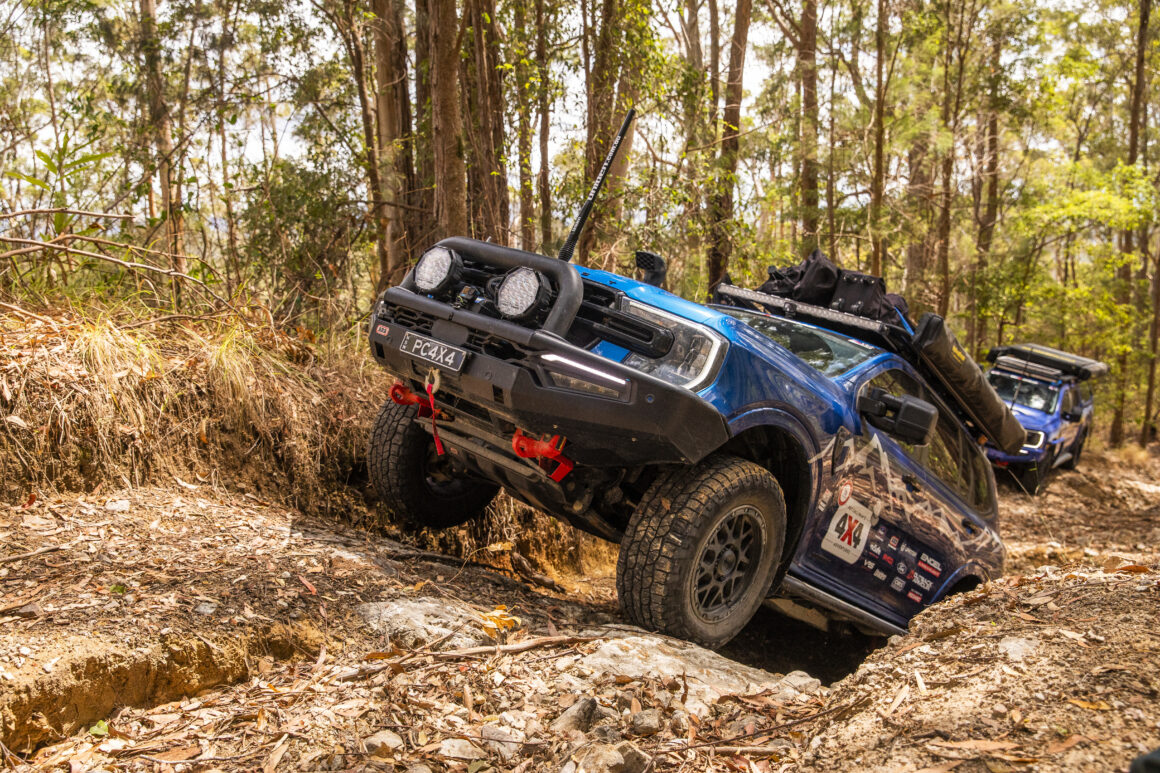
Derby Did It with Dirt Jumps, So Why Not With Diff Locks?
Let’s talk Derby. That little mining town in Tassie went from ghost town to $30 million-a-year tourism darling by embracing mountain bikes. Now it’s a destination, not a detour.
Now apply that model to a town with forestry access, great views, and a few enterprising locals willing to think big. You don’t need to pave paradise or build an amusement park — just create a drawcard. For 4X4ers, that could be:
- A mapped and maintained 4X4 trail system with graded difficulty
- “Stay and Play” packages with local pubs, motels, or campgrounds
- Local mechanics and recovery businesses involved as sponsors
- Monthly tag-along tours run by locals or local clubs
- 4X4 training parks with short loops and obstacle courses
We’ve seen it work in private parks like Levuka, Landcruiser Mountain Park, and the likes of The Springs. But imagine if that kind of setup was two minutes outside of a small rural town with a bakery and a caravan park. That’s money in the till and tyres on the track.
Jobs, Not Just Joyrides
Like mountain biking, formalised 4X4 tourism creates jobs. Trail building, track maintenance, guiding services, mechanical support, hospitality, even marketing. You can’t outsource track clearing to an overseas call centre. And once the infrastructure is there, the tourism runs on torque.
Even green focused councils could get behind something that puts money in local pockets without damaging the environment. Done right, these trails can have proper erosion control, seasonal closures, and education built in, teaching people to tread lightly, not just mash the throttle.
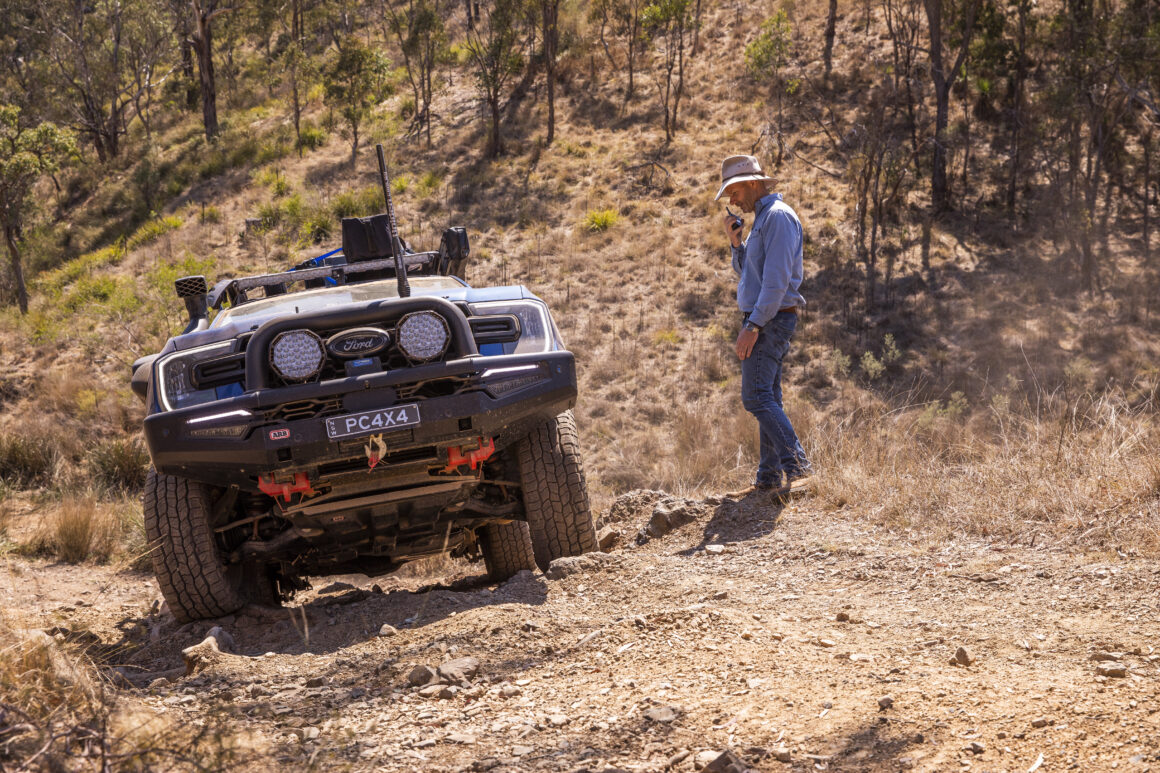
What’s Holding It Back?
Let’s not sugar-coat it. There are roadblocks. Insurance, risk aversion, and old-school councils that still think 4X4ers are hoons with no respect for the bush. But that stereotype’s well past its expiry date.
Modern 4X4ers are families in $80,000 rigs with touring setups that cost more than a new hatchback. They’ve got apps, satellite comms, and composting toilets in their vans. If councils can wrap their heads around cyclists in lycra, surely they can do the same for families looking to have a little technical fun behind the wheel and a few good yarns by the campfire.
Final Thought: Build It and They’ll Come – With Swags and Engel Fridges
Mogo’s about to be flooded with knobby-tyred bikes and GoPros. And good on ‘em, they’ve earned it after years of bushfires, floods and rebuilding. But towns all over regional Australia could follow suit. Not with a mountain bike trail, but with a mapped 4X4 loop, a campground, and maybe even a “Bacon & Boggings” breakfast run once a month.
The opportunity is sitting there in low range, engine running. Time for someone to shift into gear.



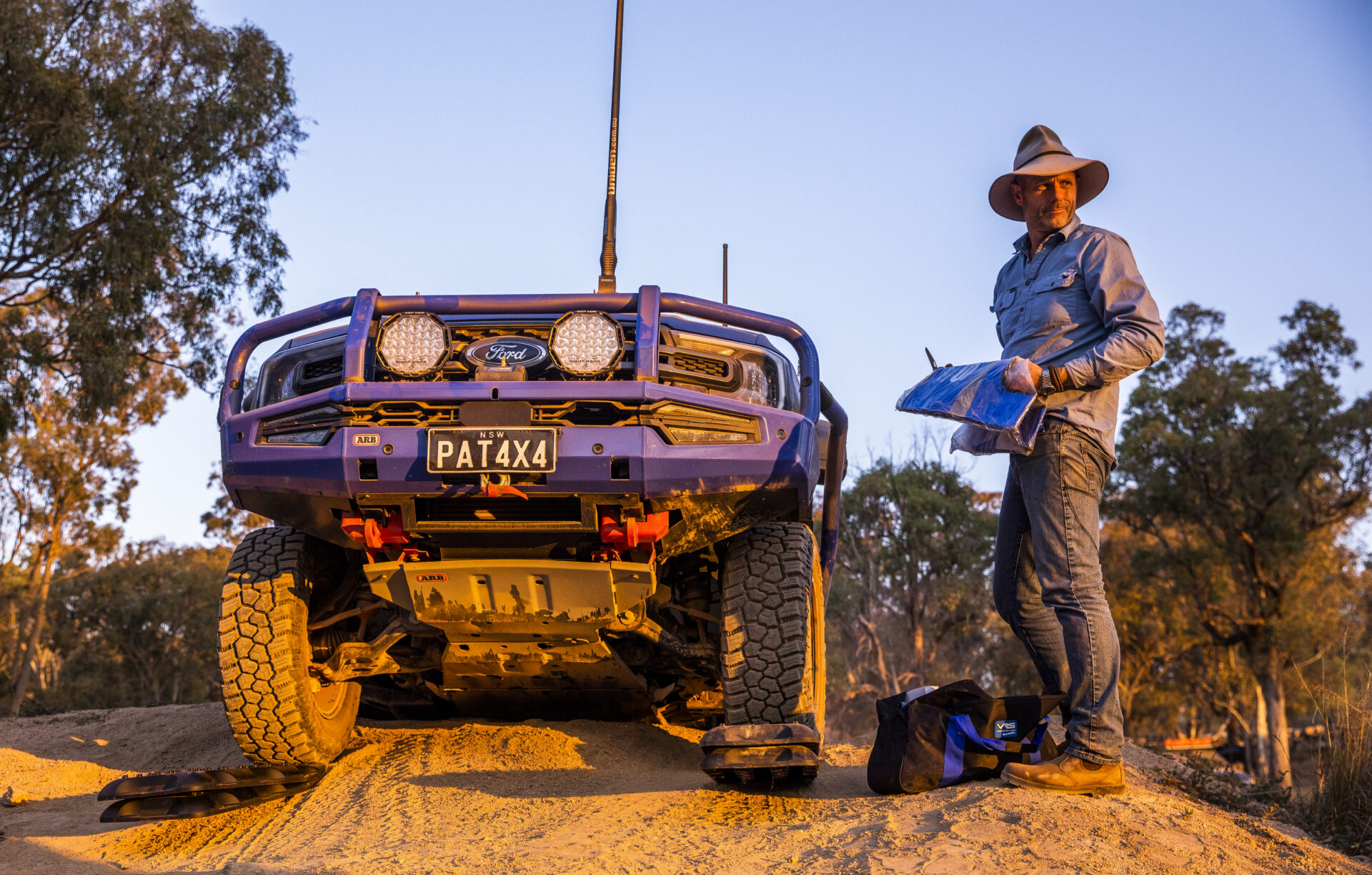
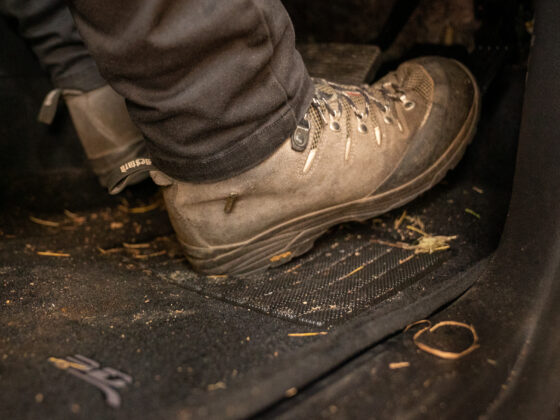
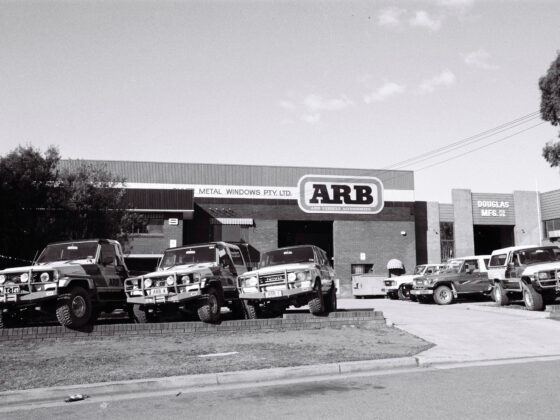

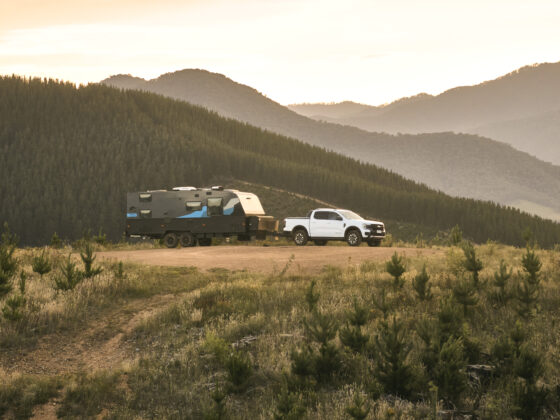






4 comments
I think he’s Mr 4×4 got a great idea there and the people will come and go to these places and its not that difficult to set up it sounds like a win win thing for rural towns all over Australia
Sounds great!
I hope someone takes notice and stands up for us.
Instead of trying to close State and National parks to us.
Insurance cost and liabilities kill lot of these ideas. Setting up and maintaining these areas cost serious coin. Maybe you guys could to do a feature story on the ongoing work and cost of getting something like this off the ground.
Might be a good little sideline for you Pat
Yes great idea. But I reckon I know why ideas like this don’t get off the ground.
People don’t want their precious bit of country torn up by what they consider to be huge marourding utes driven by uncaring hoards.
Now I know this is not the case for most people but it only takes that one determined individual to blow the whole scene out of the water.
Often these days those who do mountain bike riding may also own an electric car so they don’t make any sound driving through these small towns.
Where as you sure do know when a group of 4x4s come to town.
The people who live in these small towns are a funny bunch. They want all sorts of activities dropped on their town that they can make a heap of dollars from as long as they don’t have to fork out the cost or contribute to the upkeep.
And not forgetting that activities are good except if it’s gonna disrupt that one blade of grass with the grasshopper sitting on it.
Or change the quiet track out yonder into a full on feast of off-road incidents.
It’s that old saying “you can’t please any of the locals any of the time”!
Believe me, after many years of my own 4×4 activities and being hunted down and rung up to go back to rectify apparently torn up tracks, I understand the frustration felt by many drivers.